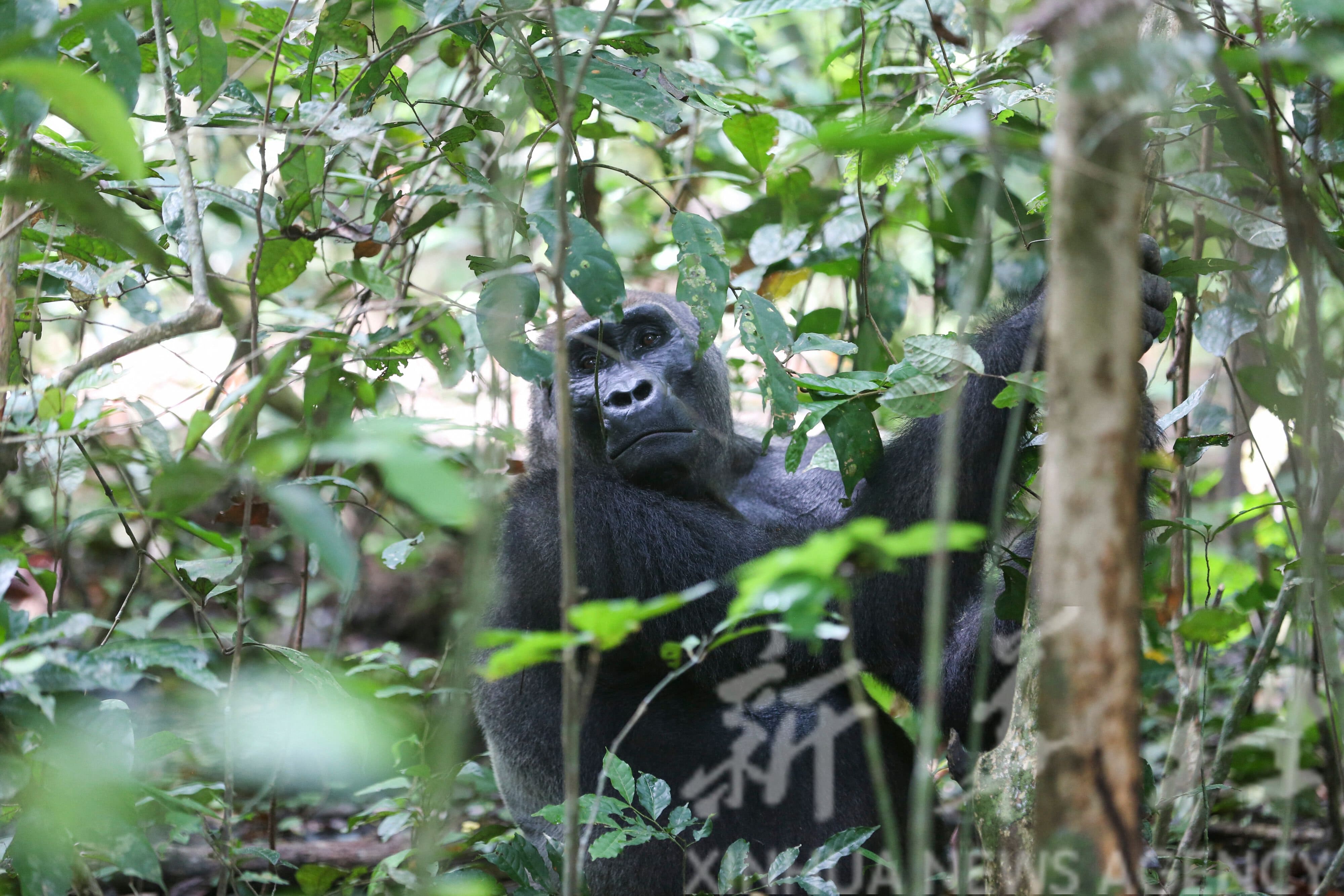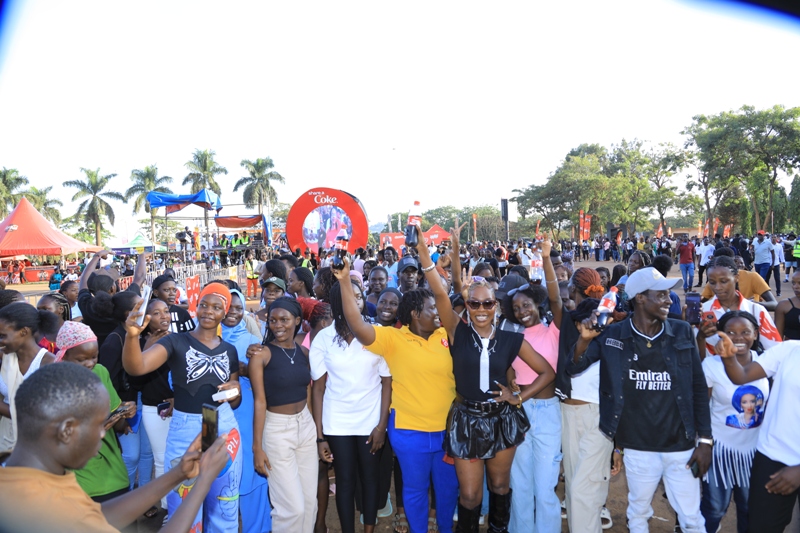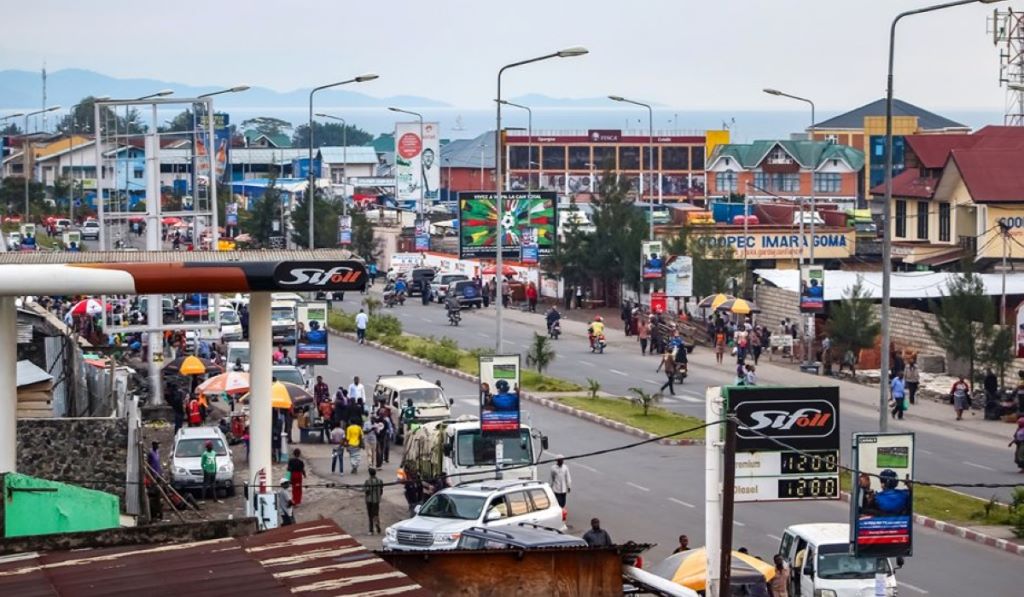Gorillas in NE DRC under shadow of war
In November 2021, a park ranger, Etienne Kanyaruchinya, was killed during a violent attack on a patrol post in Bukima, highlighting a marked uptick in violence against the park staff.

Endangered mountain gorillas continue to be threatened by poaching, deforestation, and even war in the northeastern Democratic Republic of the Congo (DRC), where these primates reign in the dense forests on the lush slopes of the Virunga volcanoes.
The resumption of fighting between the rebels of the March 23 Movement (M23) and the Congolese army in late March made park rangers’ access to the Mount Mikeno, which lies at the heart of the mountain gorilla’s habitat, almost impossible. As a result, the park rangers have lost track of the mountain gorillas for six months.
“The resurgence of the M23 is very negatively affecting the monitoring of gorillas in Virunga National Park. Currently, the rebels are occupying the gorilla sector (…) We no longer know how these gorillas are fed, and how they are treated in the event of disease, we also don’t know how many births or deaths there are. In August, we lost a silverback gorilla,” said Didi Mwanaki, a park ranger at the Virunga National Park.
The park, Africa’s most biodiverse protected area, is at the heart of the region affected by the recent M23 rebellion. Its mountain gorilla sector, in the south of the park straddles the border between Rwanda and the DRC and has been the object of intense fighting since October 2021.
In November 2021, a park ranger, Etienne Kanyaruchinya, was killed during a violent attack on a patrol post in Bukima, highlighting a marked uptick in violence against the park staff.
A third of the world’s mountain gorillas live under Mount Mikeno in the Virunga National Park. In 2021, the gorilla population is estimated at 330 at the park.
On the sidelines of World Gorilla Day celebrated on Sept. 24, Gorilla ambassadors, a program created in the province of North Kivu in 2019, targeted young schoolchildren from Kibumba elementary school and local traders to tell them the importance of preserving nature, especially the gorillas.
“It’s the future of a whole generation. Imagine if all the gorillas disappeared, the next generation would not have the opportunity to see these animals,” Alain Mukiranya, director of Gorilla Ambassadors, told Xinhua.
According to him, his program has already reached 2,000 young people, the residents near the Virunga National Park, since its creation.
“In addition, each young person who participated in this program planted a tree, with the aim of building the gorillas’ houses,” he said.
Jeannette Bweza, a resident near the park, said she got used to watching gorillas. She has become accustomed to protecting ecosystems and especially the mountain gorillas.
“I don’t eat gorillas, because I was made aware not to do so (…) We also protect the environment by making the maintenance of the park, by removing plastic bags, and by denouncing people who go to the park with the aim of harming,” she said.







